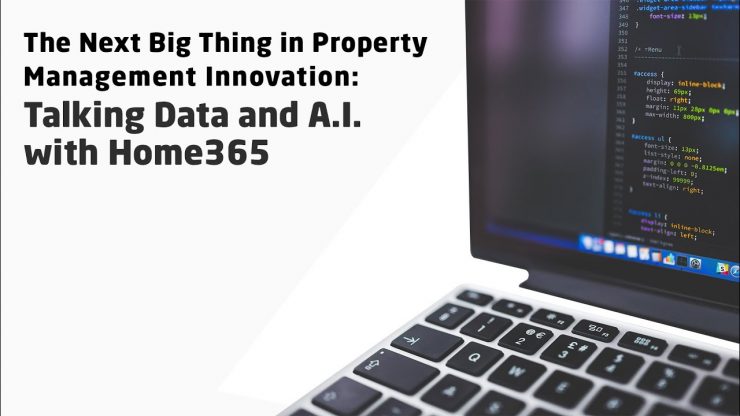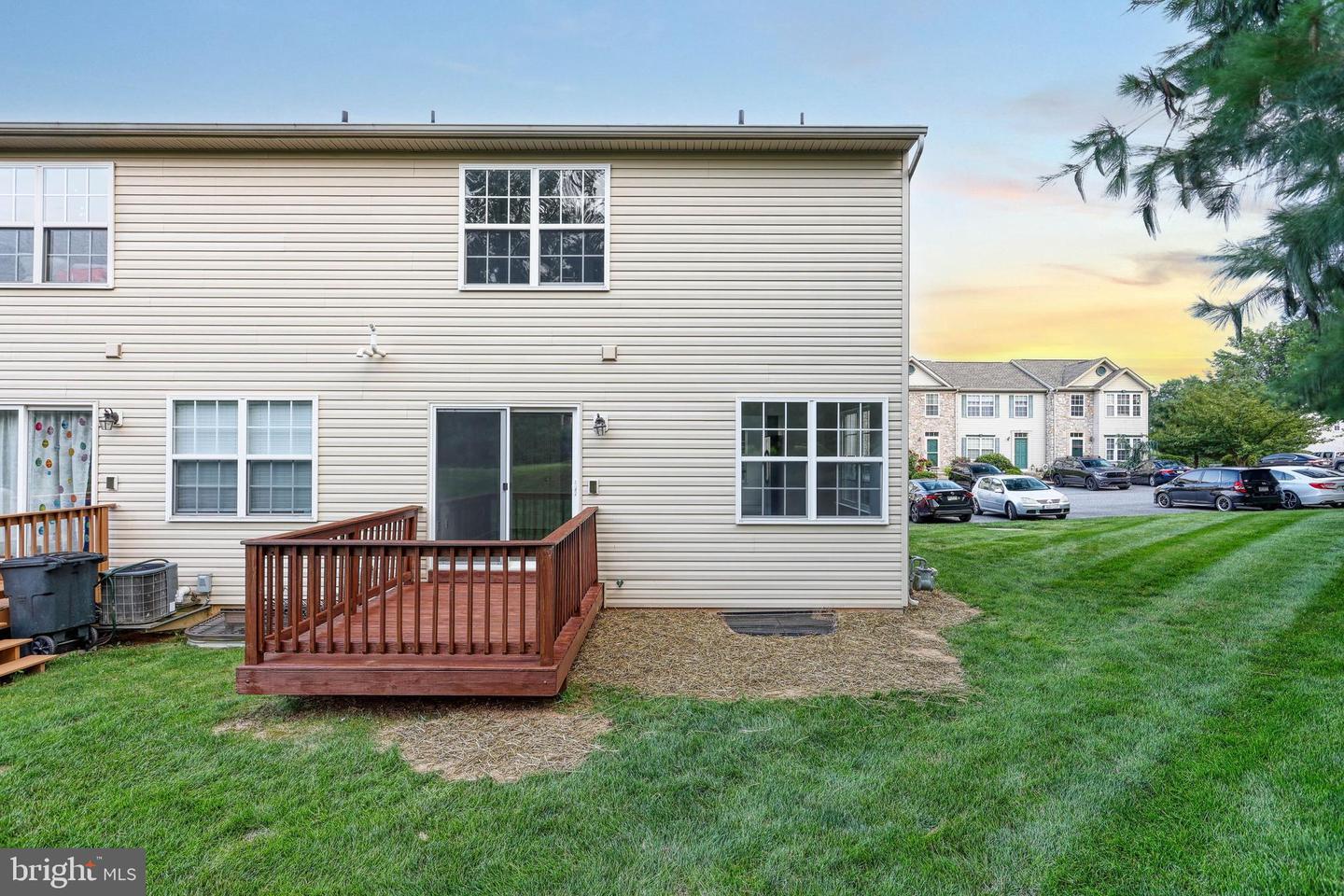
Technology provides new ways to streamline the world’s business operations. New services and applications, such as PayPal and Venmo, make collecting rent easier than ever before.
But are these electronic money-transfer services right for property owners and managers? If not, what can property managers do to streamline the rent collection process and ensure their tenants pay on time?
Apps such as PayPal, Venmo, and Zelle, along with direct-deposit services, can damage a property’s credibility as a business and increase rent delinquency among tenants. However, there are best practices for rent collection that can make paying rent on time just as easy as a Venmo transaction.
Are PayPal and Venmo Appropriate?
Many people use PayPal and Venmo to make payments on phone bills, utilities, and even rent. Some property managers are looking to these apps to provide an effortless way for their tenants to make rent payments. PayPal and Venmo are easy for tenants to use, but they take control away from property manager.
These services are inappropriate for high-volume business transactions, such as rent collection. Venmo’s purpose is to support transactions between friends, making it inappropriate to use for businesses. PayPal does support business transactions but charges a fee.
PayPal offers a money-back guarantee, which means if a tenant tells a PayPal representative the property manager defrauded them, PayPal will refund the money to the tenant. For example, if a property manager refuses to refund a security deposit, the tenant can call PayPal and receive the deposit anyway.
These services transfer rent collection control from the property manager to the tenant. Instead of paying on a scheduled date, these services allow the tenant to pay on his or her own schedule, increasing rent delinquency. Because the tenant can deposit money at will, properties have no control over cancelling or renewing leases.
What About Other E-Transfers?
E-transfer services, such as Zelle or direct deposit are like PayPal and Venmo in their ease and accessibility. These services also place the power of rent collection in the hands of the tenant, and there is a limit on the amount of money Zelle can transfer.
Direct deposit can take away a property’s ability to evict a tenant. The tenant can deposit payments at any time since he or she has the property’s account and routing numbers. If a property manager attempts to evict a tenant and the tenant pays a small percentage of the rent, the property manager has “accepted partial payment” and any legal action will rule in favor of the tenant.
Streamlining the Rent Collection Process
There are ways property managers can streamline rent collection and retain control.
Properties should use money orders or pre-written checks to deposit at the property’s discretion. This allows the property manager to stay in control of when renters make payments and for what amounts. Property managers may also opt for property management software that features automatic payment scheduling, late fee collection, and payment cancellation for evictions.
Looking for more ways to streamline your property management business? Home365 is here to help.



